Head Office:
Level 2,
135/153 New South Head Road,
Edgecliff New South Wales 2027 Australia
Mail:
PO Box 720, Rose Bay,
New South Wales 2029 Australia
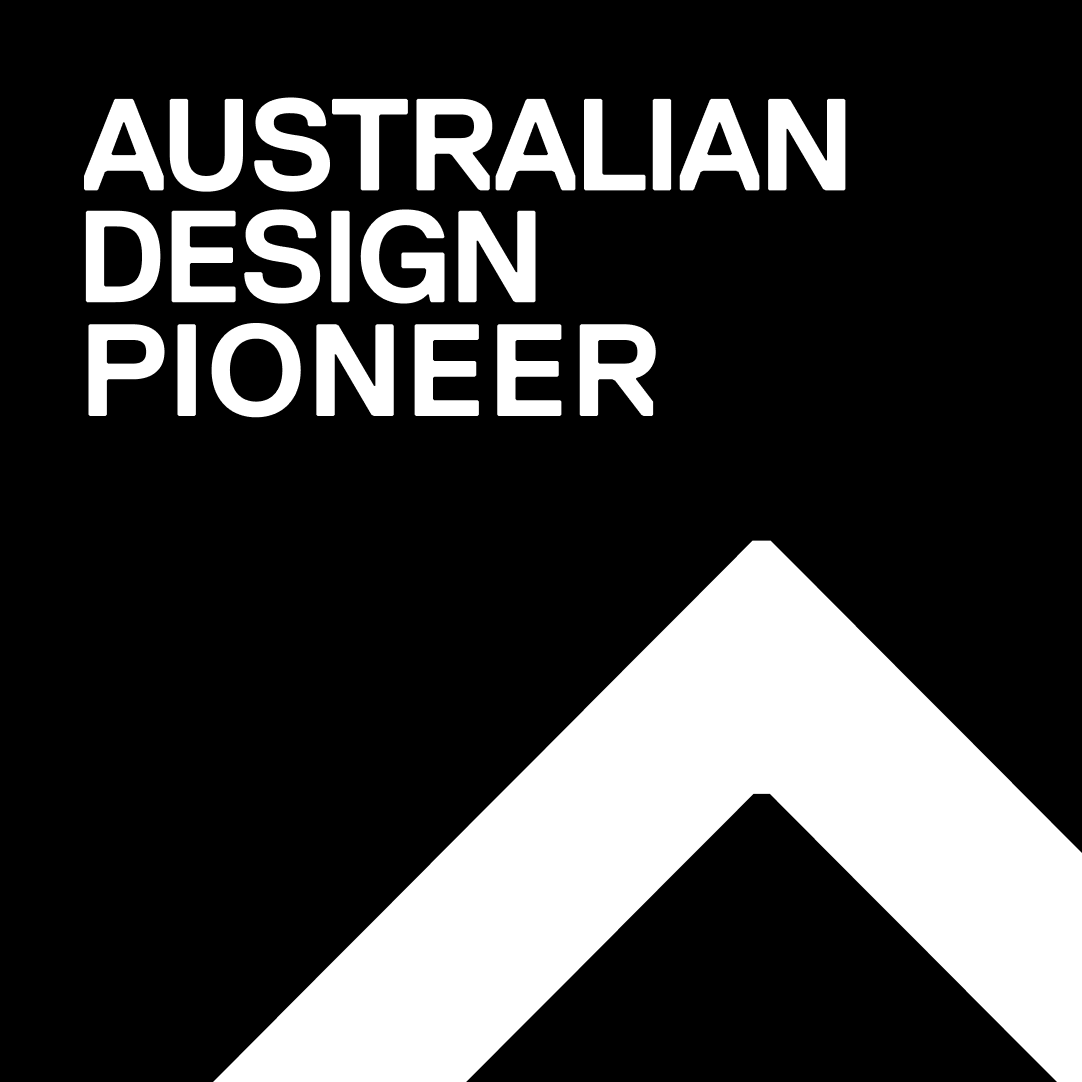
Australian Design Pioneer No: 0005
Sector: Advanced Manufacturing
Location: Central Coast, New South Wales
Website: https://stellaengineering.com.au/

Design drives Stella Engineering’s shift from making parts to creating value through innovation and collaboration.
Stella Engineering is a privately owned advanced manufacturing company based in regional New South Wales, employing around twenty-five people. Founded by Mike Woodcock, the company has grown over the past two decades from a traditional precision machining firm into a vertically integrated business offering end-to-end manufacturing solutions. What makes Stella unique is its deep commitment to partnership, investment, and people. Rather than relying on external skills or outsourcing, Stella Engineering has deliberately built its own capability in collaboration with its customers. This approach allows them to develop bespoke solutions, maintain exceptional quality control, and respond quickly to changing customer needs.
A central aspect of Stella’s success lies in their ability to listen deeply to their customers’ pain points. They invest the time to understand the challenges their clients face, not just technically, but operationally and strategically, before proposing any solution. This ability to listen, empathise, and co-define the real problem is what underpins their value as a trusted partner. Stella also recognises that a critical success factor in creating these kinds of partnerships is having large firms that are open to collaboration, allowing suppliers like Stella the time and access to truly understand their operations and constraints.
Their vertical integration means that many manufacturing processes are brought in-house, giving them oversight across design, production, and delivery. The result is a business that thrives on relationships, talent development, and the pursuit of excellence in advanced manufacturing, a rare achievement for a regional Australian enterprise.
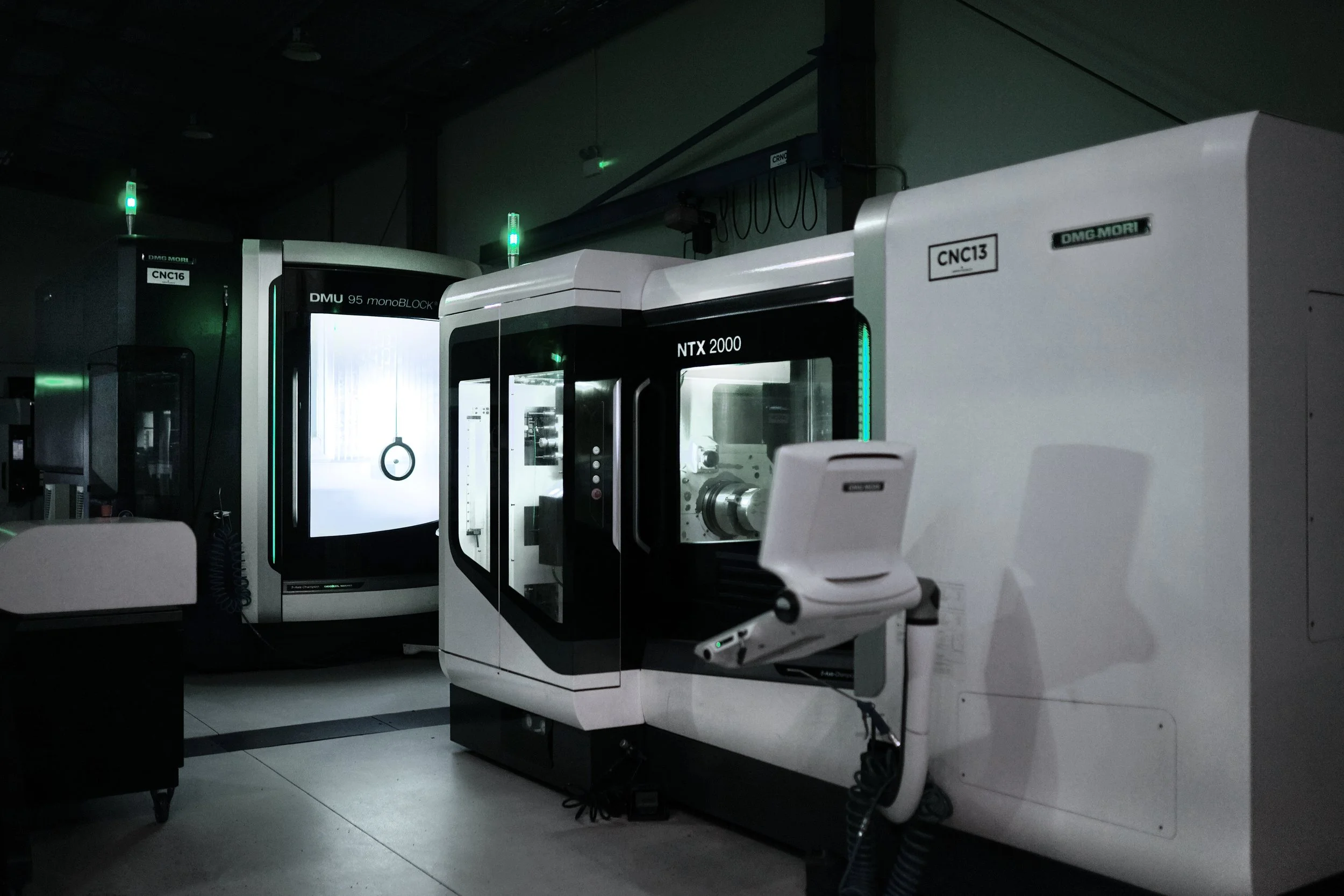


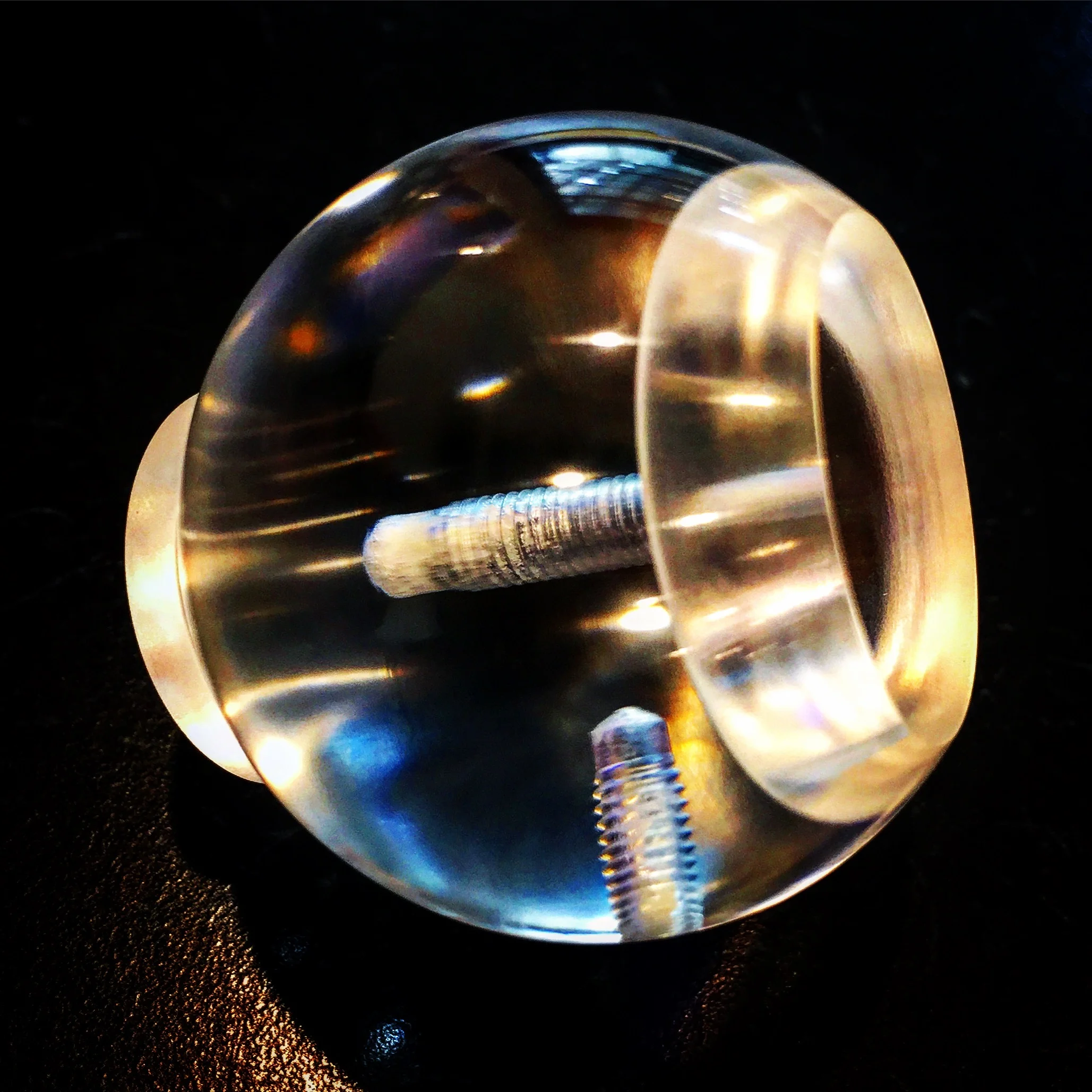
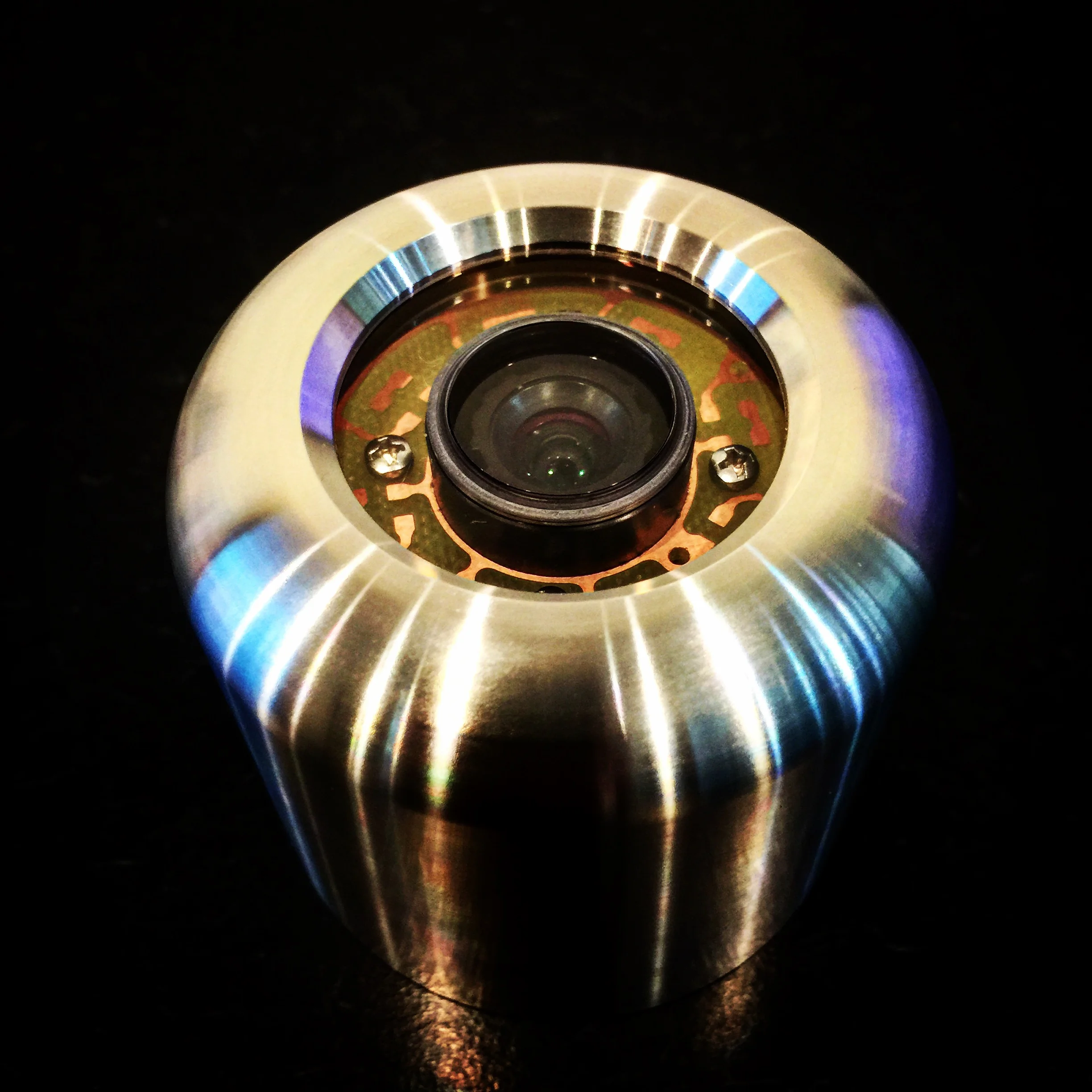
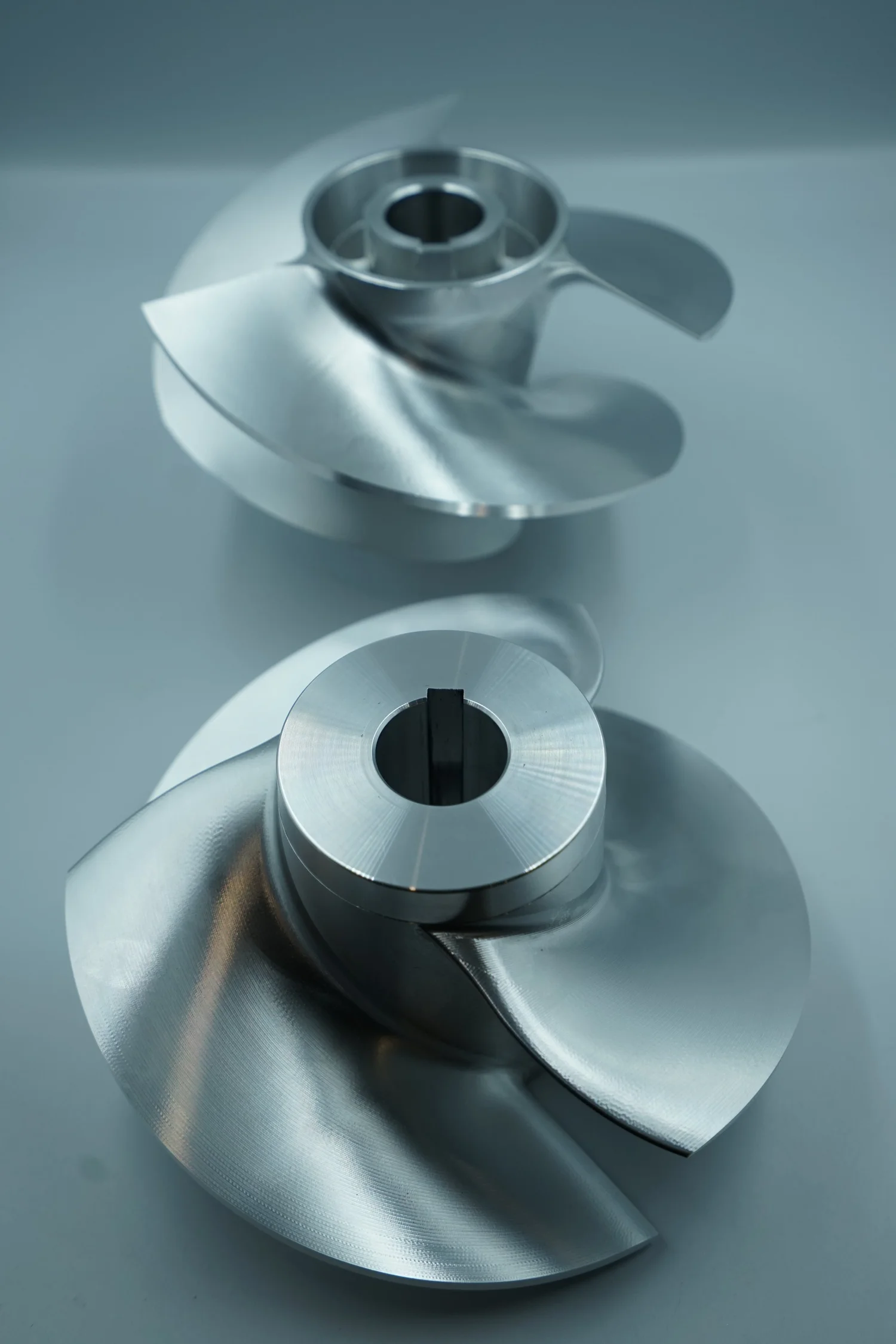
For Stella Engineering, design is not a department or a stage in production; it is a way of thinking and working that begins with understanding the real problem to be solved.
Design is fundamentally about empathy, listening carefully to customers, identifying their pain points, and defining the right problem before moving to solutions.
This approach ensures that the company’s work goes beyond producing parts or components to addressing the broader operational challenges their clients face.
Design, in this sense, is about connecting human understanding with technical capability. It is a strategic capability that aligns customer needs, operational realities, and engineering possibilities.
Stella uses design to bridge the gap between complex technology and human experience, ensuring their products and systems are not only technically excellent but also genuinely useful and effective. This mindset of design-led problem-solving is central to how they build trust with clients and create long-term value.
Stella Engineering’s design process is both disciplined and human-centred. It begins with direct engagement with customers, visiting their sites, observing their challenges firsthand, and listening deeply to what is and isn’t being said. This emphasis on listening for pain points is at the heart of their process. They seek to understand where inefficiencies, frustrations, or risks exist before they even begin thinking about potential solutions.
From this discovery phase, Stella works collaboratively to define the problem clearly, ensuring that all stakeholders share a common understanding of the task ahead. Once the problem is defined, they move into co-design, bringing together expertise from engineering, machining, quality assurance, and logistics to develop creative and practical solutions.
Staff are encouraged to challenge assumptions and suggest improvements, supported by mentoring and a safe environment for new ideas.
Stella’s process is built on transparency and trust, ensuring that design decisions are collaborative and outcomes are measurable.
The impact of Stella Engineering’s design-led approach is felt economically, socially, and environmentally.
Economically, their commitment to understanding customer needs and listening to pain points has made them competitive on a global scale, not by being the most affordable, but by being the most trusted and adaptive. Their work with forward-thinking partners has helped them to grow and expand their influence in Australia’s advanced manufacturing sector.
Socially, their approach has transformed perceptions of manufacturing. Stella provides meaningful, future-focused career pathways for young people in regional areas, especially through its apprenticeship and succession programs. Apprentices are exposed to cutting-edge manufacturing technologies and are encouraged to take on leadership roles without needing to leave for university. This has created a culture of pride, purpose, and innovation within the company and the community.
The environmental impact of Stella Engineering’s approach extends far beyond reducing emissions within their own operations. By deeply understanding each client’s problem, the company is able to propose solutions that go well beyond the making of a component, such as developing distributed manufacturing models that remove the need for unnecessary transport and packaging.
This systems-level thinking not only reduces waste and environmental footprint but also strengthens supply chain efficiency and resilience.
In doing so, Stella Engineering shows how design-led innovation can deliver sustainable, human-centred, and commercially effective outcomes that benefit both industry and the planet.
Stella Engineering’s experience offers valuable lessons for other manufacturing firms seeking to become design-led.
The first step is to listen, not just to customers’ requests, but to their deeper challenges and pain points. True design begins with understanding context and defining the right problem. From there, companies must invest in their people, building internal skills and confidence to innovate.
Firms should focus on collaboration rather than competition, sharing insights and learning across the industry. A critical enabler of this is for larger firms to collaborate more openly with their suppliers, allowing them the time and opportunity to understand their problems fully and contribute creative solutions. Creating a culture that encourages questioning and continuous improvement is essential.
Most importantly, businesses must challenge outdated perceptions of manufacturing as a “dirty” or purely technical industry. By reframing it as an innovative, people-focused, and technologically advanced sector, companies can attract the next generation of talent and build long-term capability.
To grow the number of design-led businesses in Australia, both systemic and cultural changes are needed.
Support to assist small and medium manufacturers to reinvest in innovation, training, and design capability would be welcomed. At the same time, education reform is critical.
Vocational training programs need to be updated to reflect the realities of modern manufacturing, including advanced technologies like artificial intelligence, machine learning, and integrated design systems.
Cultural change is equally important. Australia needs to value listening, empathy, and curiosity as much as technical skill.
Policymakers, educators, and industry leaders must collaborate to promote stories like Stella’s, showing how design can drive competitiveness, sustainability, and national prosperity.
This will require larger firms to play a leadership role, modelling openness to collaboration and providing suppliers with opportunities to engage meaningfully in problem definition and design.
A shared vision between government, industry, and design leadership is essential to scale this mindset across thousands of businesses nationwide.
Stella Engineering represents what it means to be a modern, design-led business.
Design for them is not about aesthetics but about solving the right problems through empathy, collaboration, and a deep understanding of human and technical systems.
Their approach demonstrates that when companies invest in people, trust, and design-driven culture, they create lasting impact, economically, socially, and environmentally.
At the heart of Stella’s success is a commitment to listening, truly hearing customer pain points before acting and a recognition that innovation thrives when large firms collaborate openly and allow their suppliers the space to understand, explore, and co-create solutions.
The future of Australian manufacturing depends on businesses embracing this mindset. By reforming education, supporting innovation, and championing collaboration, Australia can grow a generation of companies that view design as their most powerful strategic capability.
Stella Engineering stands as a clear example of how design can turn a regional manufacturer into a global competitor and a force for national renewal.
Head Office:
Level 2,
135/153 New South Head Road,
Edgecliff New South Wales 2027 Australia
Mail:
PO Box 720, Rose Bay,
New South Wales 2029 Australia
Phone:
+61 2 8015 6680
We acknowledge the Gadigal people of the Eora Nation as the traditional custodians of the land we gather on and pay our respects to their Elders past, present, and emerging, honouring their enduring wisdom that continues to guide us in designing a more thoughtful, inclusive, and sustainable future.
We are a not-for-profit registered charity committed to advancing Australia's design capability and the transformative power of design to improve economic, social, cultural, and environmental outcomes for Australia. The Australian Design Council is endorsed as a Deductible Gift Recipient (DGR). It is covered by Item 1 of the table in section 30-15 of the Income Tax Assessment Act 1997. © 2025 Australian Design Council.